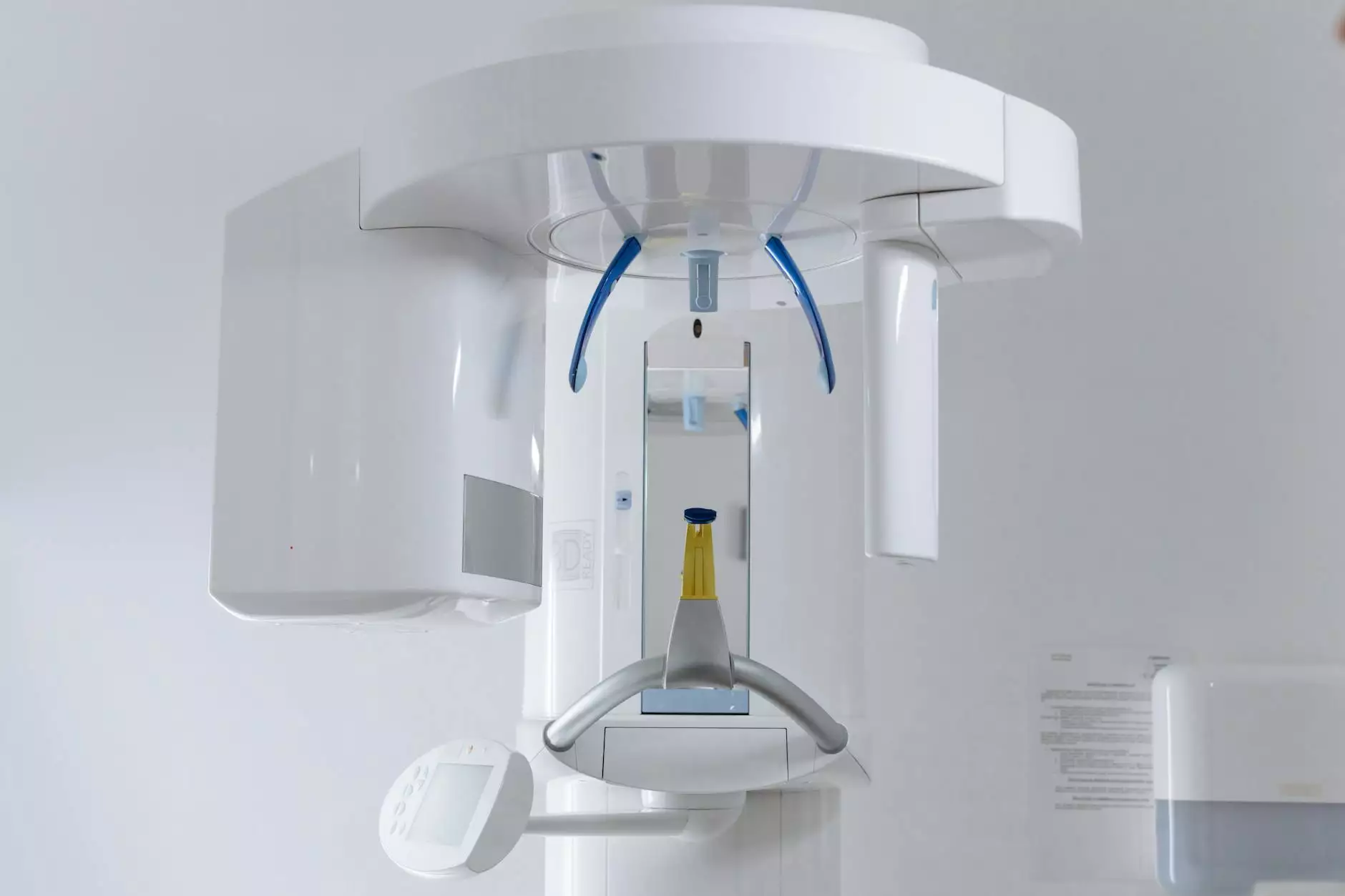The Ultimate Guide to Industrial Label Printers

Industrial label printers are vital tools in today’s fast-paced manufacturing and distribution environments. These machines not only streamline operations but also enhance overall productivity by ensuring accurate labeling and identification of products and materials. In this extensive guide, we will delve deeper into the world of industrial label printers, exploring their features, applications, and the benefits they provide to businesses across various sectors.
What Are Industrial Label Printers?
Industrial label printers are specialized devices designed for print-intensive applications, capable of producing high volumes of labels quickly and efficiently. Unlike standard label printers, these industrial models are built to withstand rugged environments and offer advanced functionalities that cater to the needs of manufacturing, logistics, and warehousing industries.
Key Features of Industrial Label Printers
- Durability: Built to last, industrial label printers feature robust construction and are often resistant to dust, moisture, and temperature fluctuations.
- High-Volume Printing: Capable of printing thousands of labels daily, making them ideal for large-scale operations.
- Advanced Print Technology: Many models use thermal transfer or direct thermal printing technology for high-quality label output.
- Versatile Label Options: These printers support a wide variety of label materials, sizes, and adhesive types, allowing for customization according to specific business needs.
- Connectivity: Options for USB, Ethernet, and wireless connections facilitate easy integration into existing systems.
Applications of Industrial Label Printers
The versatility of industrial label printers enables their usage across numerous sectors. Below are some of the primary applications:
1. Manufacturing
In manufacturing, proper labeling is crucial for tracking raw materials and finished products. Industrial label printers enable barcode and QR code printing, which aids in inventory management and improves workflow efficiency.
2. Warehousing and Distribution
In warehouses, clear labeling is essential for the organization of stock. Industrial label printers help create labels that identify shelves, bins, and individual products, thereby speeding up the picking and shipping processes.
3. Retail
Retail businesses utilize industrial label printers to produce price tags and promotional labels that enhance product visibility and customer engagement.
4. Pharmaceuticals
In the pharmaceutical industry, labeling is crucial for compliance and safety. Industrial label printers produce tamper-proof labels that meet regulatory standards, ensuring products are secure and correctly identified.
5. Automotive
Automotive manufacturers use industrial label printers to track parts throughout the production line, enhancing accuracy and reducing errors in assembly.
Benefits of Using Industrial Label Printers
The integration of industrial label printers into business operations offers numerous advantages:
1. Increased Efficiency
By automating the labeling process, businesses can significantly reduce the time spent on manual labeling, allowing employees to focus on higher-value tasks.
2. Cost Savings
Investing in industrial label printers can lead to long-term cost savings. Businesses can print labels as needed, reducing waste and minimizing the need for pre-printed labels.
3. Enhanced Accuracy
Industrial label printers ensure accurate labeling, reducing the potential for errors that can arise with manual processes. This accuracy is critical in environments where labeling mistakes can lead to costly recalls or compliance issues.
4. Customization
With the ability to print on-demand, businesses can create customized labels for specific products, enhancing branding and consumer appeal.
Choosing the Right Industrial Label Printer
Selecting the best industrial label printer for your business involves considering several factors:
1. Volume Requirements
Evaluate your printing volume to determine whether a desktop or industrial-grade printer is appropriate. High-volume operations may require larger, more robust machines.
2. Label Size and Type
Consider the types of labels you need to print. Ensure that the printer can accommodate various sizes and materials, depending on your industry needs.
3. Print Quality
Look for printers that offer high dpi (dots per inch) settings to ensure clear, readable labels. This is particularly important for barcodes and detailed graphics.
4. Connectivity Options
Assess your current infrastructure and choose a printer that can seamlessly integrate into your existing system. Options like Ethernet, USB, or wireless connectivity might be critical.
5. Durability and Reliability
In an industrial environment, durability is essential. Opt for printers known for their reliability and ability to operate under challenging conditions.
Top Industrial Label Printer Brands
While considering industrial label printers, you may come across several leading brands. Here are some of the top manufacturers:
- Zebra Technologies: Renowned for a wide range of label printers, Zebra offers robust solutions for various industries.
- Datamax-O'Neil: Specializing in high-performance industrial printers that deliver exceptional quality and durability.
- Brother: Known for versatile printers that can handle both industrial and office environments.
- SATO: A leading provider of barcode and labeling solutions, SATO is well-recognized in the industrial sector.
- Intermec: Offers a range of industrial inkjet and thermal printers designed for demanding applications.
Conclusion
In summary, industrial label printers are indispensable tools for businesses aiming to enhance operational efficiency and accuracy. Their ability to produce high-quality, durable labels tailored to specific needs can significantly benefit various industries, including manufacturing, retail, and logistics. As businesses continue to grow and evolve, investing in reliable industrial label printing solutions will ensure they remain competitive and capable of meeting the demands of an ever-changing market.
By understanding the features and benefits of such printers, you can make informed decisions that align with your operational requirements and pave the way for increased productivity and profitability. Explore the diverse options available and watch your labeling processes transform!









